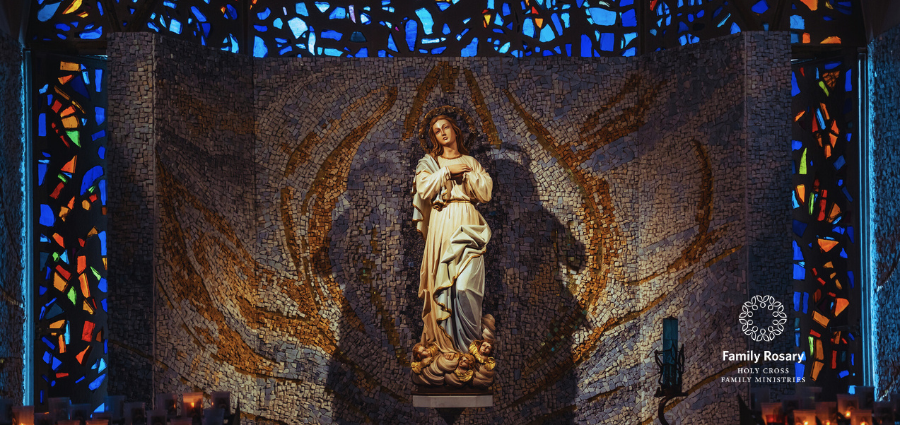
Learn more about our faith | Holy lives of inspiration
Every generation of young people have the saints for whom they feel a particular devotion. Teenagers and children today clearly love Blessed Carlo Acutis, who will be canonized on September 7. It makes sense; he’s one of them, a teenager himself, and someone who effortlessly used the tools of our digital world.
Many Catholics around my age, we Gen X Catholics, feel a special connection with today’s saint, Maximilian Kolbe. Maybe it’s because ours was really the last generation to grow up in the shadow of World War II -- with a real consciousness of it as a battle for humanity’s soul -- since many of us had grandparents who had fought in Europe or Japan.
Maybe it’s because we absorbed St. John Paul II’s clear admiration for St. Maximilian, these two great heroes from the Polish Church. Or maybe it’s because my generation -- which tends to be a little cynical and a little critical – simply needed someone with as much sheer heroism as St. Maximilian to win us over.
But since coming to work here at Holy Cross Family Ministries, I have realized that St. Maximilian isn’t just someone for whom I or my generation should feel a special love. He is someone that all of us in the HCFM family should turn to for inspiration. For in some very profound ways, St. Maximilian was a kind of forerunner of our founder, Venerable Patrick Peyton.
First, St. Maximilian, even more than your average saint, was a devoted son of the Blessed Mother. As Fr. Peyton experienced Mary’s presence in his miraculous cure, St. Maximilian as a child had a mystical encounter with Mary, in which she prophesied his purity and his martyrdom. Some of you may even be familiar with a Consecration to Mary written by St. Maximilian, comparable to the one composed by St. Louis de Montfort.
Second, even before Fr. Peyton, St. Maximilian was a pioneer in the use of modern mass media in service of evangelization; he published Catholic newspapers and broadcast religious programs over the radio, way back in the 1930s.
But perhaps the most poignant connection between St. Maximilian’s story and Venerable Patrick’s mission is that St. Maximillian didn’t die in heroic martyrdom only for another individual. He died in sacrificial love of the family. When an inmate escaped the death camp at Auschwitz, and the Nazis, in retribution, chose 10 prisoners to die by starvation, one of those chosen, Franciszek Gajowniczek (Fran-SHEE-shek Guy-oh-VNIH-chek), begged for their mercy; he cried out that, for the sake of his wife and his children at home, he did not want to die.
It was then that St. Maximilian stepped forward and said to the Nazi commander, “I am a Catholic priest. I want to die in this man’s place.” Stunned, the guard could not say no, and St. Maximilian, after surviving many days without food or water, was killed by lethal injection on the eve of the feast of the Assumption. Franciszek died 53 years later and lived to see St. Maximilian Kolbe canonized.
Fr. Patrick Peyton, of course, did not give his life for a family, but he *spent* his life for millions of families. And we pray that one day, he will join his brother, his fellow son of the blessed Mother, in the Church’s canon of saints.
Born and raised in the greater Chicago area, Father Charlie McCoy, C.S.C., made his final vows in 2008 and was ordained in 2009. For most of his life in Holy Cross, he has served as a professor and a pastoral resident in a men's hall at the University of Portland in Oregon. Since Father Charlie comes from a lively, close-knit family, and since devotion to the Rosary stretches back generations among his relatives, he feels very blessed to be joining the team at Holy Cross Family Ministries to carry on the legacy of Venerable Patrick Peyton.
